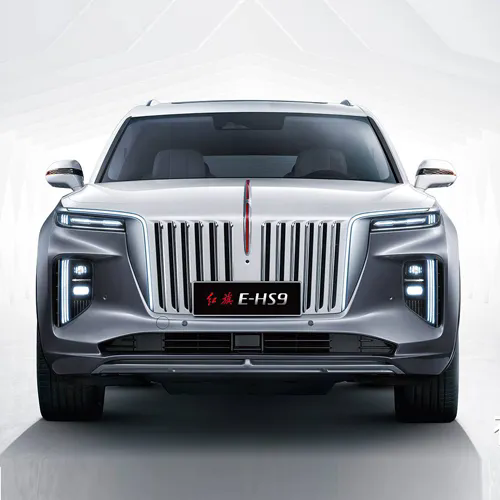The Rise of New Energy Vehicles: Transforming the Future of Transportation
2024-09-05
The automotive industry is undergoing a significant transformation with the rise of new energy vehicles (NEVs). These innovative vehicles are reshaping the future of transportation by offering a more sustainable and efficient alternative to traditional gasoline-powered cars. As the world increasingly focuses on reducing carbon emissions and combating climate change, new energy vehicles have emerged as a key player in the shift toward greener and cleaner mobility solutions.
One of the primary benefits of new energy vehicles is their environmental impact. Unlike conventional vehicles that rely on fossil fuels, NEVs are powered by alternative energy sources such as electricity, hydrogen, or hybrid systems. Electric vehicles (EVs), for example, produce zero tailpipe emissions, significantly reducing air pollution and greenhouse gas emissions. By adopting new energy vehicles, individuals and businesses contribute to a cleaner environment and help combat global warming, aligning with global sustainability goals.
Another advantage of new energy vehicles is their efficiency and cost-effectiveness. Many NEVs are designed with advanced technologies that enhance energy efficiency, leading to lower operating costs compared to traditional vehicles. Electric cars, for instance, often have fewer moving parts and require less maintenance, reducing long-term expenses. Additionally, the cost of electricity is generally lower than gasoline, further contributing to savings for vehicle owners. As technology advances and economies of scale improve, the affordability of new energy vehicles is expected to increase, making them an even more attractive option for consumers.
The development of new energy vehicles is also driving innovation in the automotive industry. Manufacturers are investing heavily in research and development to improve battery technology, extend driving ranges, and enhance overall performance. As a result, NEVs are becoming more practical and appealing to a broader range of consumers. For instance, advancements in fast-charging technology are reducing the time required to recharge electric vehicles, addressing one of the main concerns of potential buyers. The ongoing innovation in this sector promises to make new energy vehicles increasingly competitive with traditional vehicles.
Moreover, new energy vehicles are gaining support from governments and regulatory bodies worldwide. Many countries have introduced incentives and subsidies to encourage the adoption of NEVs, such as tax credits, rebates, and reduced registration fees. Additionally, there is a growing push for stricter emissions regulations and the development of infrastructure to support new energy vehicles, such as charging stations and hydrogen refueling stations. This supportive environment is accelerating the transition to new energy vehicles and helping to establish a sustainable transportation ecosystem.
In conclusion, new energy vehicles are at the forefront of a transformative shift in the automotive industry. Their environmental benefits, efficiency, and the drive for innovation make them a crucial component in the move toward more sustainable transportation. As technology continues to advance and government support grows, new energy vehicles are poised to play an increasingly significant role in shaping the future of mobility. Embracing NEVs is not just a step toward reducing our carbon footprint but also a commitment to a cleaner and more sustainable world.



